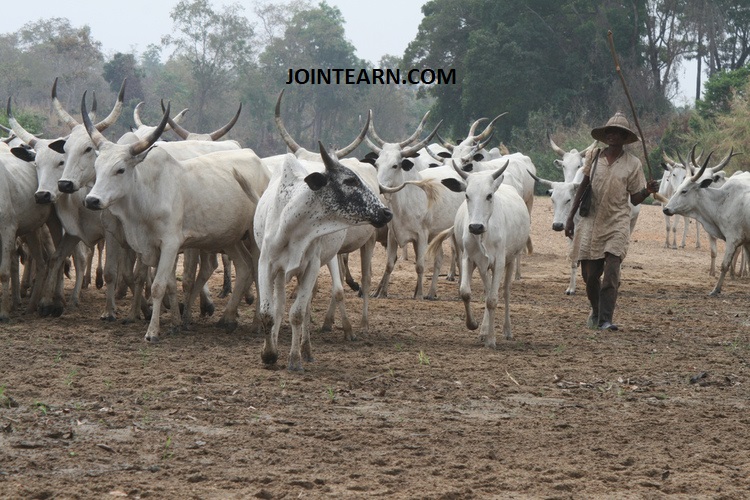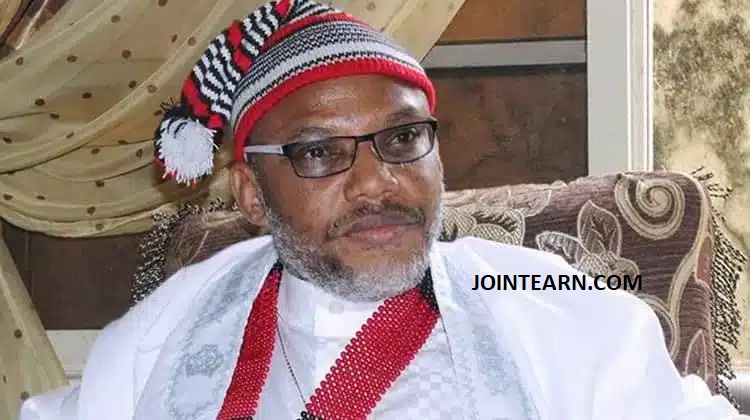In a significant move to address longstanding tensions between herders and farmers, Fulani leaders under the Miyetti Allah Dangol Fulako convened a peace summit in Miri District, Bauchi State, on April 24, 2025. The gathering, held ahead of the rainy season, aimed to proactively foster harmony and prevent the perennial conflicts that often erupt during the critical period of agricultural activity.
A Proactive Approach to Peace
The summit, attended by Fulani leaders, local government officials, traditional rulers, and community representatives, focused on identifying and mitigating potential sources of disputes between herders and farmers. The event featured a special prayer session for peace and unity, underscoring the importance of dialogue and mutual understanding as the foundation for coexistence.
Fulani leaders reiterated their commitment to peaceful coexistence, urging their members to uphold values of respect, cooperation, and mutual tolerance. They emphasized that dialogue, rather than confrontation, remains the most effective path to resolving differences and ensuring the well-being of all community members.
Community Leaders Call for Impartiality and Respect for Boundaries
Addressing the summit, the district head of Miri, Abubakar Usman, commended the Fulani leaders for their proactive initiative. He appealed to farmers to respect designated cattle routes and avoid planting crops in these areas, warning that encroachment on these routes often triggers disputes. Usman also directed village and hamlet heads within his domain to remain neutral when addressing conflicts, stressing the need for fairness and impartiality in resolving disputes to ensure lasting peace.
“We must all play our part in maintaining peace. Farmers should respect cattle routes, and herders should also respect farmlands. Only through fairness and understanding can we achieve lasting harmony,” Usman stated.
Participants Express Optimism
Several participants interviewed at the event expressed optimism that such dialogues would significantly reduce tension during the farming season. They noted that previous years had witnessed violent clashes, property destruction, and loss of lives, often fueled by misunderstandings and lack of communication between the two groups. The summit, they said, represents a new chapter in the community’s efforts to build trust and prevent escalation of disputes.
Context: Ongoing Security Challenges and the Need for Dialogue
The peace summit comes against the backdrop of ongoing security challenges in parts of Nigeria, where violent clashes between herders and farmers have led to significant loss of lives, displacement, and destruction of property. In Plateau State, for example, recent attacks attributed to armed Fulani herdsmen resulted in the deaths of more than 60 people, widespread displacement, and the razing of entire communities. Such incidents highlight the urgent need for dialogue-driven solutions and community-led peacebuilding efforts.
While some Fulani groups have been linked to violent attacks, it is important to note that the Fulani community is diverse, with the vast majority committed to peaceful coexistence. Reports by international organizations and local authorities have emphasized that only a minority of Fulani adhere to extremist ideologies, while most seek stability and cooperation with their neighbors.
Lessons from Other Regions: Dialogue as a Tool for Lasting Peace
The Bauchi summit echoes similar peace initiatives in other parts of Nigeria. In Agatu, Benue State, for instance, local leaders and Fulani representatives recently resolved to end decades of hostilities through dialogue and reconciliation. Both sides pledged to expose criminal elements and forgive past wrongs, marking a significant step toward lasting peace in the region.
Such efforts demonstrate that, despite deep-seated grievances, communities can find common ground through open communication, respect for established boundaries, and commitment to justice and fairness. Local government officials have been urged to support these initiatives by establishing effective feedback mechanisms and ensuring that peace agreements are upheld.
Challenges and the Road Ahead
Despite the optimism generated by the Bauchi peace summit, challenges remain. Misinformation and provocative rhetoric continue to circulate on social media, sometimes inflaming tensions. For example, a video of the Emir of Muri issuing an ultimatum to Fulani herdsmen in Taraba State resurfaced recently, though fact-checkers confirmed it was from 2021 and not a reflection of current developments. Such incidents underscore the need for accurate information and responsible leadership in peacebuilding efforts.
Moreover, the sustainability of peace depends on the willingness of all parties—herders, farmers, traditional leaders, and government officials—to uphold agreements and address grievances promptly and impartially. The establishment of local peace committees, as seen in Benue State, and the reinforcement of traditional conflict resolution mechanisms are crucial steps toward consolidating gains and preventing a relapse into violence.
Conclusion
The Fulani peace summit in Bauchi State marks a hopeful step toward breaking the cycle of violence that has plagued herder-farmer relations in Nigeria. By prioritizing dialogue, mutual respect, and community engagement, stakeholders are laying the groundwork for a more harmonious and prosperous future. As the rainy season approaches, the true test will be the implementation of these commitments on the ground and the sustained cooperation of all involved.












